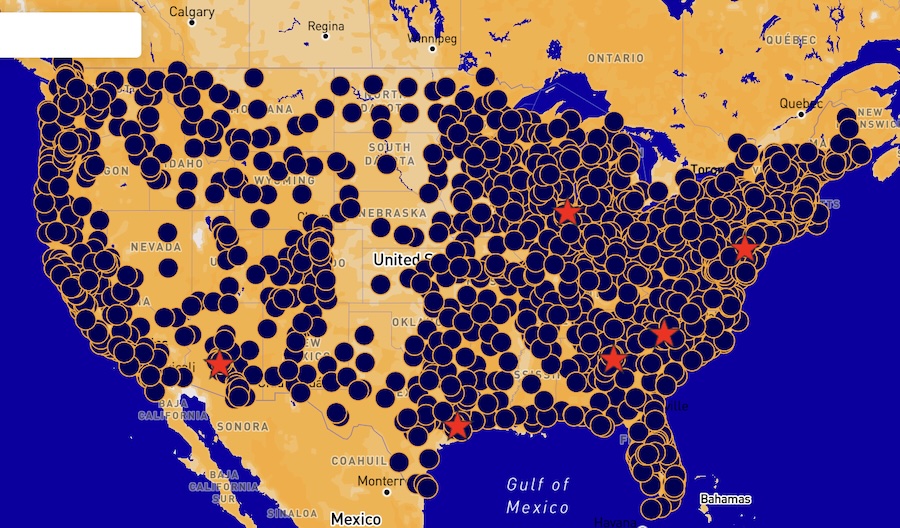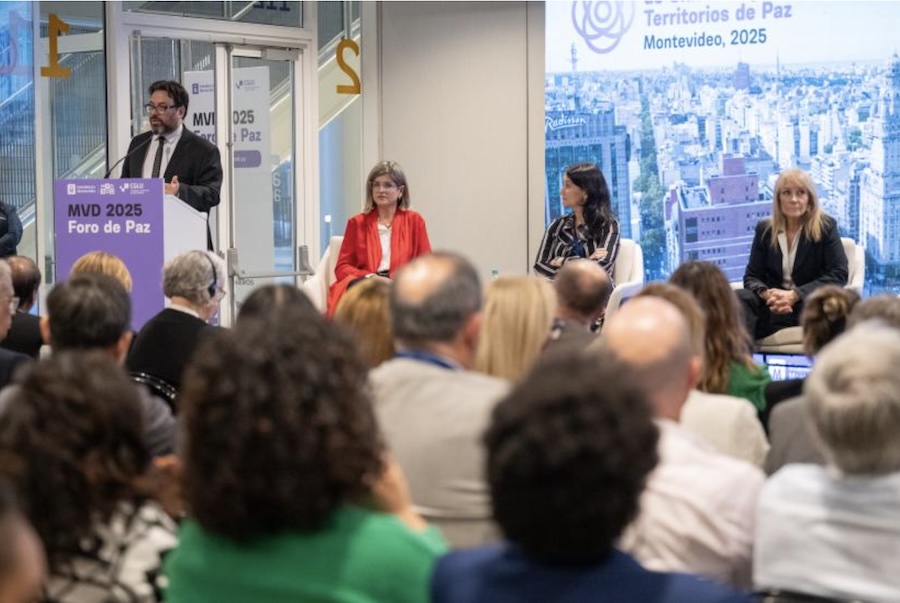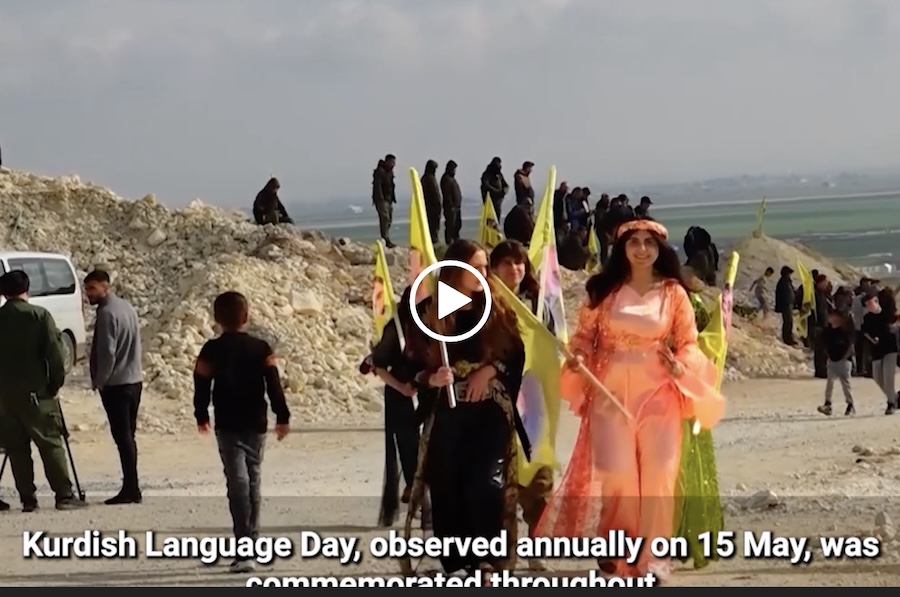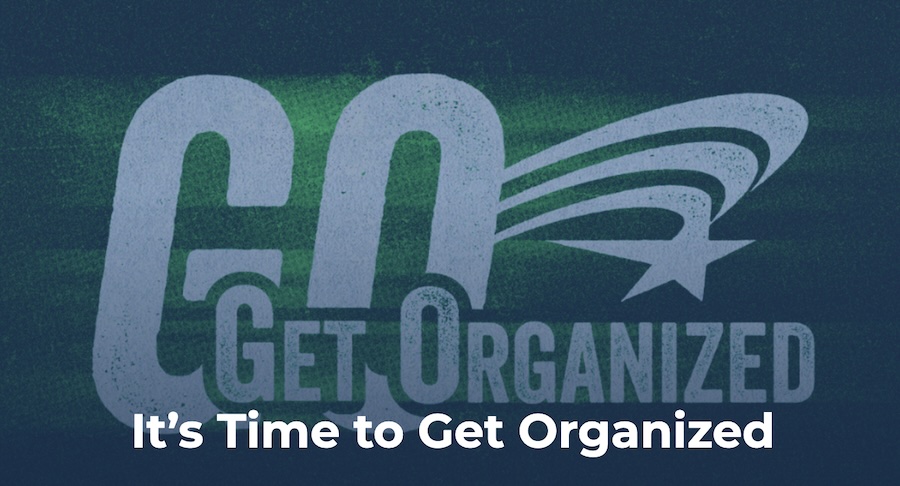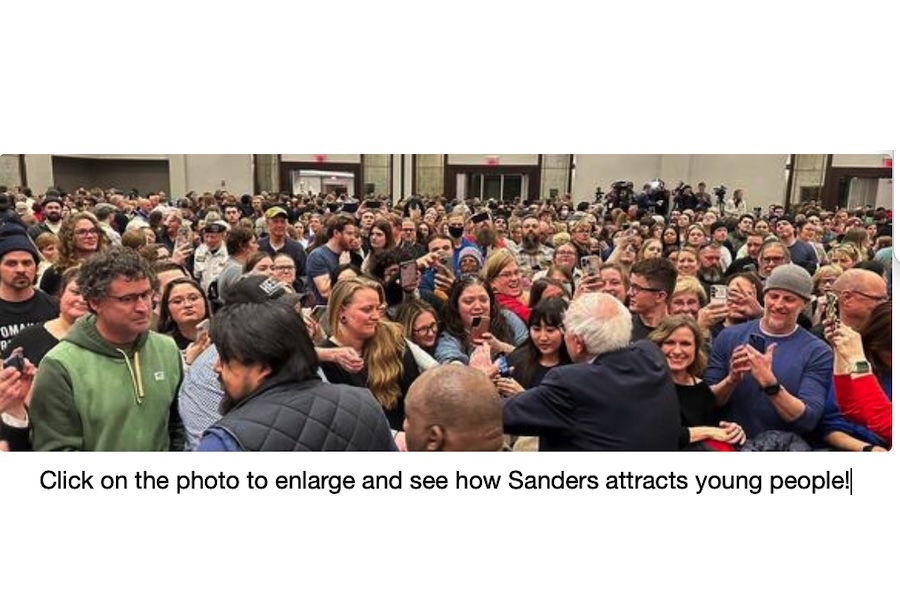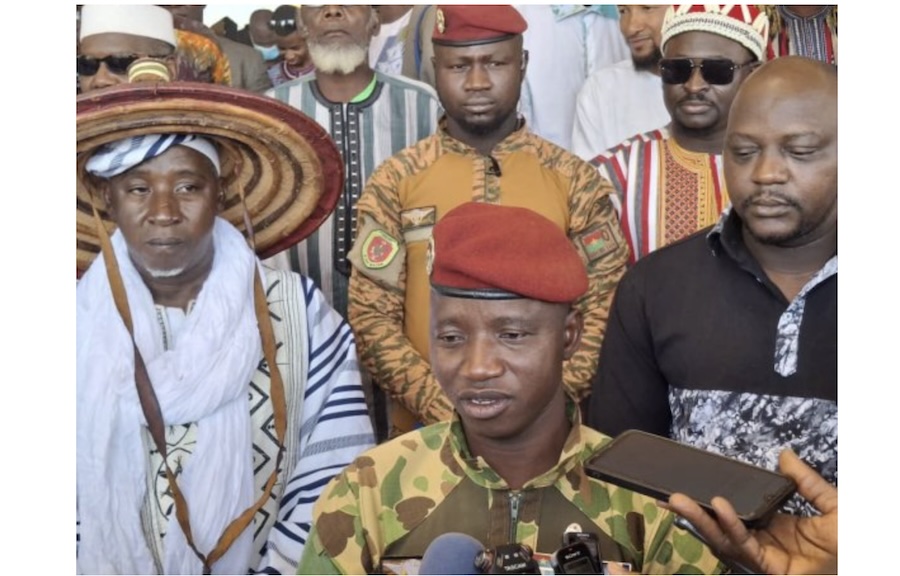. DEMOCRATIC PARTICIPATION .
An article from Le Faso (translation by CPNN)
The 5th edition of the “Ambassadors of Peace Awards” (APA), an event aimed at recognizing individuals and organizations working to promote peace, patriotism, and social cohesion in Burkina Faso, will be held on August 1, 2025, in Ouagadougou, under the theme: “5 Years of the APA: What’s the Record?” For this edition, in addition to the awards ceremony, activities aimed at supporting national initiatives are planned.
This was announced by the leaders of the Movement for the Culture of Peace and Love of the Fatherland (MPAP), sponsor of the APA, on Tuesday, July 8, 2025, in Ouagadougou, during a press conference dedicated to the event.

The SIAO’s “Soleil Levant” pavilion has been selected for the awards ceremony, on August 1, 2025, starting at 8 p.m. The event will also be broadcast live on Burkina Faso’s national television.
This edition will therefore provide an opportunity to take stock of the APA’s five years of existence, through an assessment of the actions undertaken, the successes achieved, and the challenges to be addressed to improve future editions. It will also, the speakers continued, reaffirm the commitment to working for a peaceful future, a future where love of country and respect for civic values will always guide actions.
For this fifth edition, organizers have planned several activities spread over several days. Starting on July 31st, a panel will be held to review past editions and explore future prospects. “It will also be a time for exchanges between stakeholders involved in peacebuilding, to share their experiences, and analyze the impact of the various themes addressed in previous editions. This event will be a moment of celebration, but also of collective reflection, as it will allow us to lay the foundations for a shared vision for peace and sustainable development in our country,” reads the opening statement read by the president of the organizing committee, Paul-Marie Zoma, who is also vice-president of the MPAP.
The panel will also bring together institutional stakeholders, winners from previous editions, peace specialists, technical partners, and others. The evening will feature the presentation of trophies and certificates. It will also serve as a framework for launching a call for contributions to create a fundraising campaign for the “Faso Mêbo” presidential initiative.
(article continued in right column)
The new military governments in Africa: Are they promoting a culture of peace?
(article continued from left column)
“For participation in the Gala, a contribution of 25,000 FCFA per person or 250,000 FCFA for a full table of 10 is requested. An evening for partners and peace ambassadors will be held on August 2nd, starting at 6 p.m. Prior to all these activities, the MPAP plans to visit the headquarters of the Faso Mêbo Presidential Initiative to salute and encourage all those involved in the success and completion of this initiative,” the speakers explained, adding that the partners will also welcome the participation of the winners of all the APA awards.
The awards are organized into trophy categories. The “Grand APA” (Grand APA) recognizes an individual or legal entity who has invested in promoting peace, social cohesion, and community life, and who has had a significant impact on their community through peacebuilding, community building, and social initiatives (e.g., caring for vulnerable people). The second category is the “APA for Patriotism,” which recognizes an individual or legal entity who, through their daily actions, demonstrates a commitment to their country, demonstrated by a desire to defend and promote it through actions in this regard.
The “APA for Leadership” recognizes an individual or legal entity who has a positive influence on their community. The “APA for Commitment to Social Cohesion and Community Life” recognizes an individual or legal entity who is committed to promoting social cohesion and community life through concrete actions and initiatives in their community.
The “APA for Integration,” which recognizes an individual or legal entity, an expatriate residing in Burkina Faso and carrying out actions and activities promoting peace, social cohesion, and harmonious coexistence. This individual is well integrated and contributes to development efforts in their host country, Burkina Faso. They also promote political and socio-cultural integration initiatives.
The “APA of the AES,” which recognizes an individual or legal entity from the AES region (Mali-Burkina-Niger) who is committed to promoting peace, social cohesion, and harmonious cohesion, and who promotes the principles and values on which the AES (Alliance of Sahel States) is founded.
The “APA of Honor,” which recognizes an individual or legal entity who is committed to promoting peace, social cohesion, and harmonious cohesion, and who supports the actions of the MPAP.
In addition to these distinctions, certificates of recognition will be presented to stakeholders and institutions to recognize their ongoing commitment and support for peace-promoting efforts in Burkina Faso, they announced.
The 5th edition of the Ambassadors of Peace Awards is under the patronage of His Majesty Bifaté II, head of the canton of Gaoua and the co-sponsorship of the President and CEO of Sofao Groupe SARL, Hamadé Ouédraogo, also President of the Regional Council of Employers of the Center; of the President and CEO of the Fortuna group, Roch Donation Nagalo, 5th Vice-President in charge of professional and umbrella organizations of the Chamber of Commerce and Industry of Burkina Faso (CCI-BF) and of the President and CEO of Socodifa International, Abdoul Fatao Ouédraogo.
– – – – – –
If you wish to make a comment on this article, you may write to coordinator@cpnn-world.org with the title “Comment on (name of article)” and we will put your comment on line. Because of the flood of spam, we have discontinued the direct application of comments.

